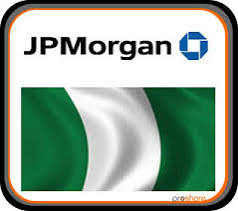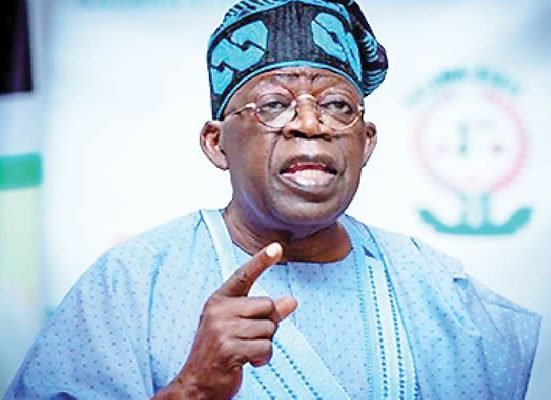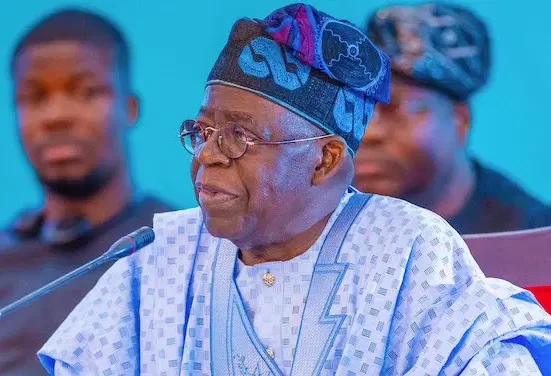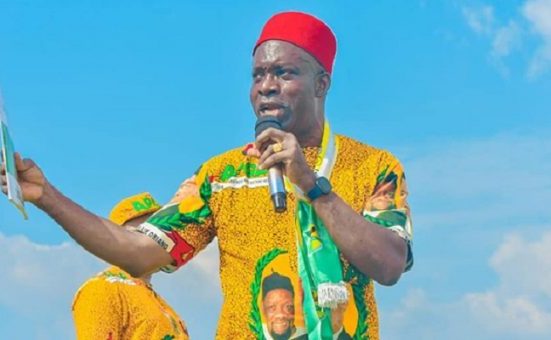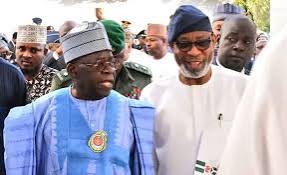Nigeria is currently in advanced discussions with global financial institution JP Morgan to re-enter its Government Bond Index for Emerging Markets (GBI-EM), a move that is expected to bolster investor confidence and attract significant capital inflows into the country’s bond market. This announcement was made by the Director-General of the Debt Management Office (DMO), Patience Oniha, during an investor engagement session held at the ongoing International Monetary Fund (IMF) and World Bank Spring Meetings in Washington, D.C.
The move to rejoin the JP Morgan GBI-EM is seen as a significant step towards strengthening Nigeria’s economic standing on the global stage. According to Oniha, the country’s recent economic reforms, particularly the liberalization of the foreign exchange (FX) market and the removal of fuel subsidies, have made Nigeria more eligible to be part of the index. “With all the reforms that have taken place, particularly around FX, we have started engaging JP Morgan again to get back into the index. We think we are eligible now,” she said.
Nigeria’s exclusion from the JP Morgan GBI-EM in 2015 was primarily due to concerns over liquidity issues in the foreign exchange market, lack of transparency in exchange rate management, and restrictions on capital repatriation by investors. However, the country’s recent policy shifts, including improved FX market mechanisms and enhanced transparency, have addressed many of these concerns, putting Nigeria back on track for potential inclusion.
The re-entry into the GBI-EM index would provide Nigeria with access to billions of dollars in passive investment flows. This is particularly important for the country as it seeks to attract more foreign investment and deepen its local bond market. However, sources familiar with the discussions have indicated that Nigeria must meet several key milestones, including ensuring the depth and liquidity of its bond market, before a final decision is made.
If negotiations proceed as expected, Nigeria could be reinstated in the bond index before the end of 2025. The Central Bank of Nigeria (CBN) has also expressed optimism about the country’s economic prospects. Governor Olayemi Cardoso highlighted the importance of a competitive naira, noting that a stable and attractive currency is crucial in making Nigeria an appealing investment destination.
The Nigerian government remains committed to furthering its economic reforms and creating a conducive environment for investors. The potential return to the JP Morgan GBI-EM is seen as a positive signal of Nigeria’s ongoing recovery and growing appeal as a destination for global investment.

